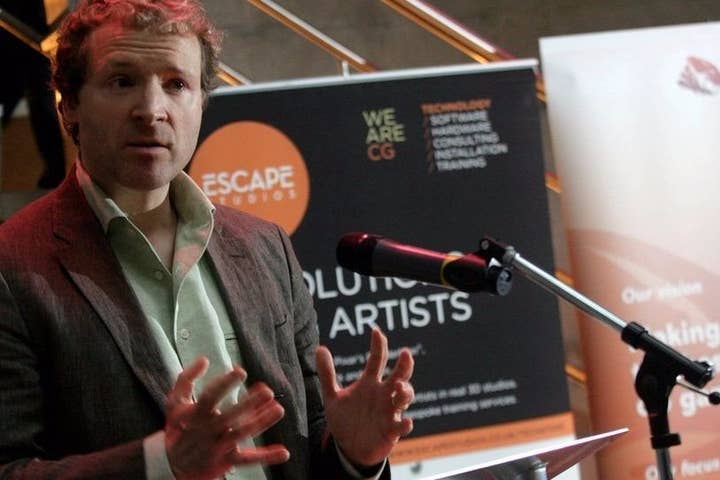TIGA calls for government to reassure UK games industry
Post-Brexit Britain will be a harder place to do business, warns body
TIGA has weighed in on the issues of Brexit and the effects of leaving the EU on the British games industry, warning that the government must ensure that it remains committed to keeping domestic development competitive in the wider global market.
In a statement issued this morning, CEO Richard Wilson identified four key issues which are likely to have an impact on how Britain's industry will fare over the coming months and years.
Access to finance will be a key issue as a depressed and uncertain economy makes for a nervous investment climate; Video Games Tax Relief and R&D Tax Relief must be preserved and perhaps even strengthened post-Brexit; access to talent is likely to become even more difficult as EU workers are either prevented from joining UK companies or decide to work within EU borders instead; and IP protection will need significant reinforcement as much of the UK's legislation is tied to EU membership.
"The UK video games industry is a high technology sector that provides high skilled employment for over 30,000 people, including approximately 11,000 development staff and which contributes £1.1 billion to UK GDP," said Dr Wilson.
"It is also export oriented, with at least 95 per cent of studios exporting. Following the referendum in favour of 'Brexit', it will be more vital than ever to strengthen (and avoid harming) those sectors where the UK has a comparative competitive advantage: for example, aerospace, defence, high-value manufacturing and engineering, high technology industries, higher education, low carbon technology and the creative industries, including the video games sector.
"For the video games industry, it is particularly important that policy makers ensure games companies have access to sufficient finance, benefit from Video Games Tax Relief and R&D Tax Relief, have clear and stable IP rights and can access highly skilled people from outside of the UK. Any new points based migration system must not be onerous or complicated, otherwise the industry's growth could be held back."




.jpg?width=291&height=164&fit=crop&quality=80&format=jpg&auto=webp)




